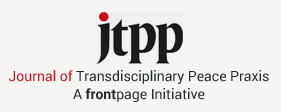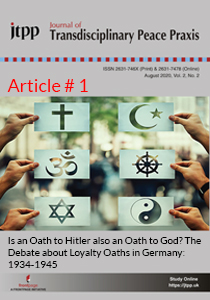Description
Is an Oath to Hitler also an Oath to God? The Debate about Loyalty Oaths in Germany: 1934-1945
Edmund Pries (Associate Professor of Global Studies [Peace and Conflict Studies], Religion and Culture, Social Entrepreneurship and Community Engagement at Wilfrid Laurier University in Waterloo, Canada)
Loyalty oaths were an integral part of earliest human civilisation and endure into the present. Developed to signify and seal a bond of loyalty between citizen and leader(s), the breaking of this sworn commitment could result in the severest of punishments—most frequently death.
This oath contract could also be abused by the governing party. Such was the case with the oath sworn to Adolf Hitler between 1934 and 1945. This paper surveys the response to the Hitler oath from its initiation to the end of Hitler’s regime.
Debates arose: should the civil servant oath to Hitler be sworn by church officers, religious teachers and the clergy? Karl Barth’s position is examined. Why did some challenge the form but not the content of the oath? Did the military oath of allegiance to Hitler prevent officers from revolting against Hitler? Why did this prevent some from acting and not others?





